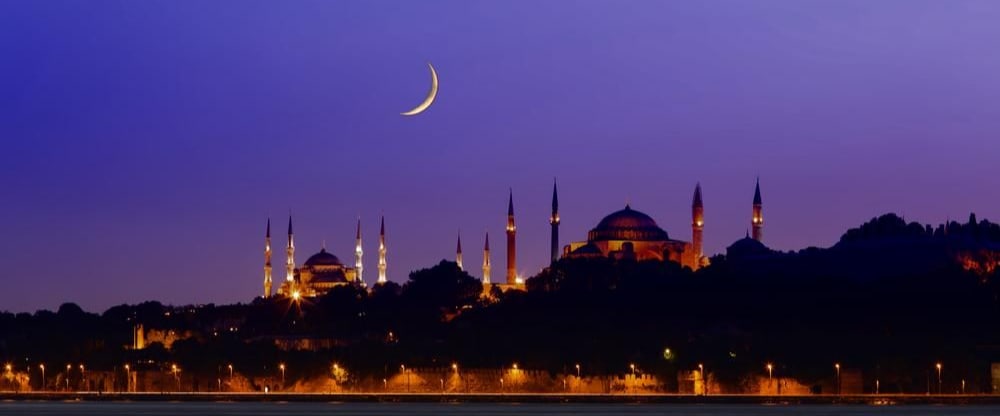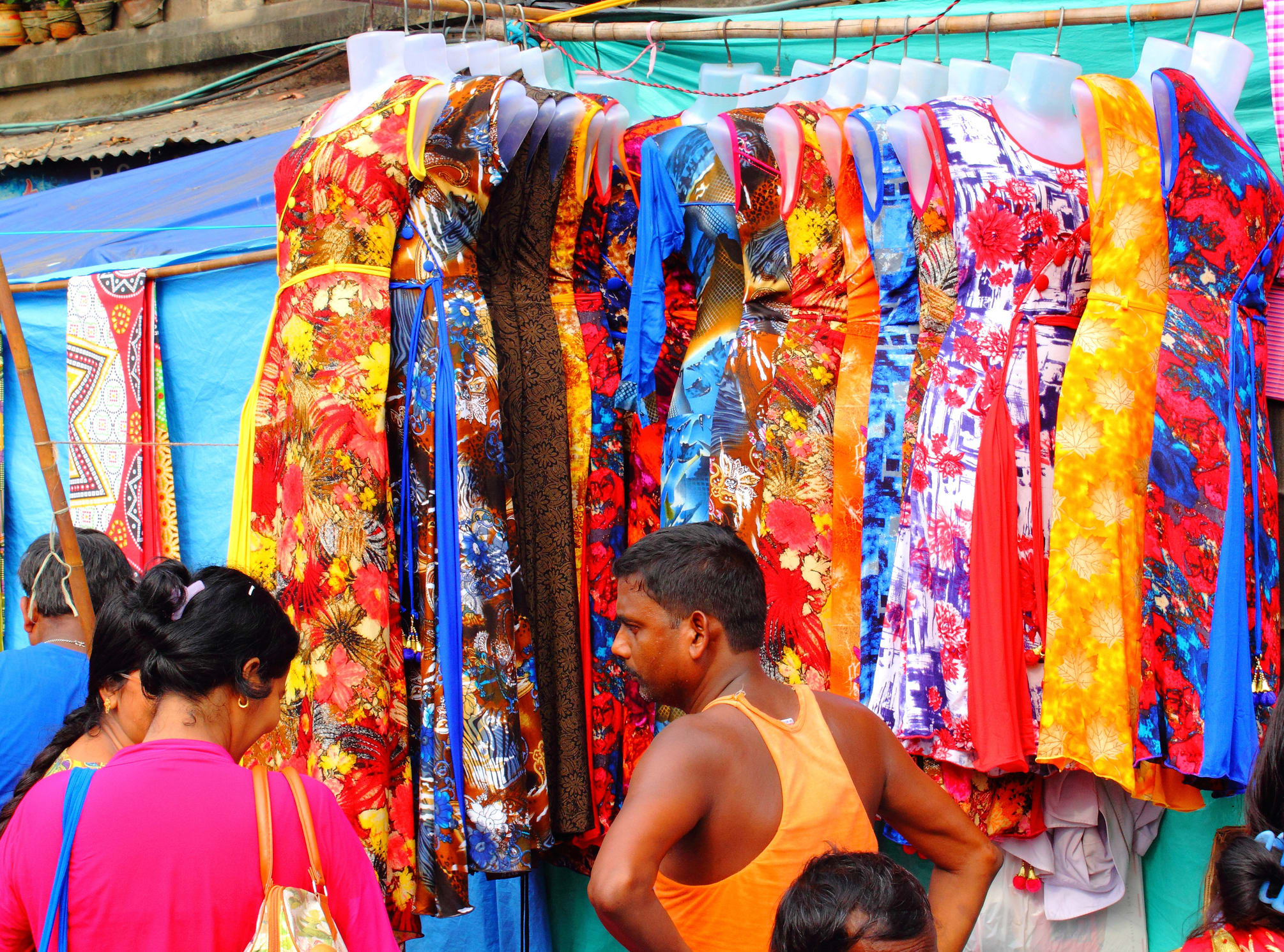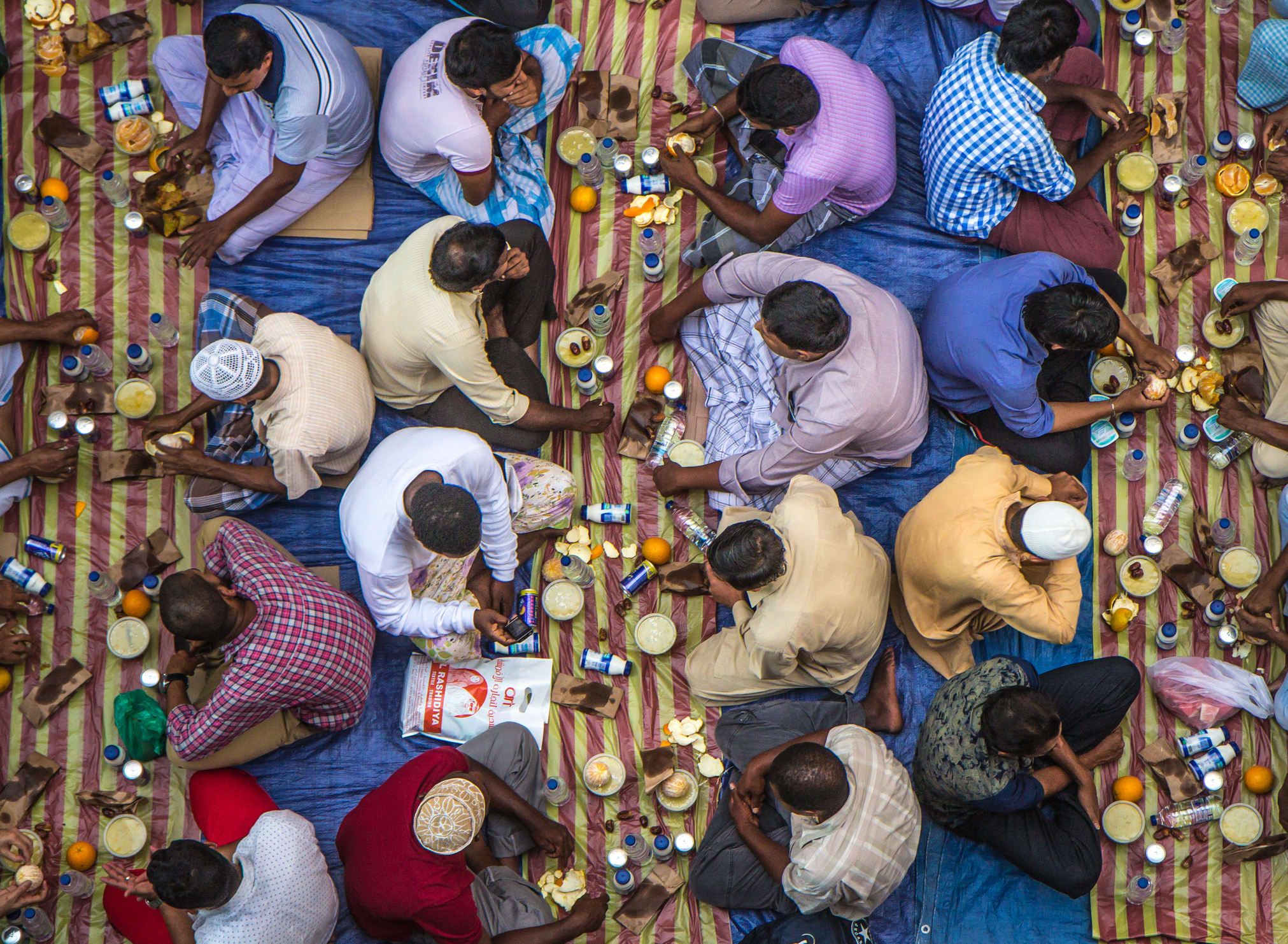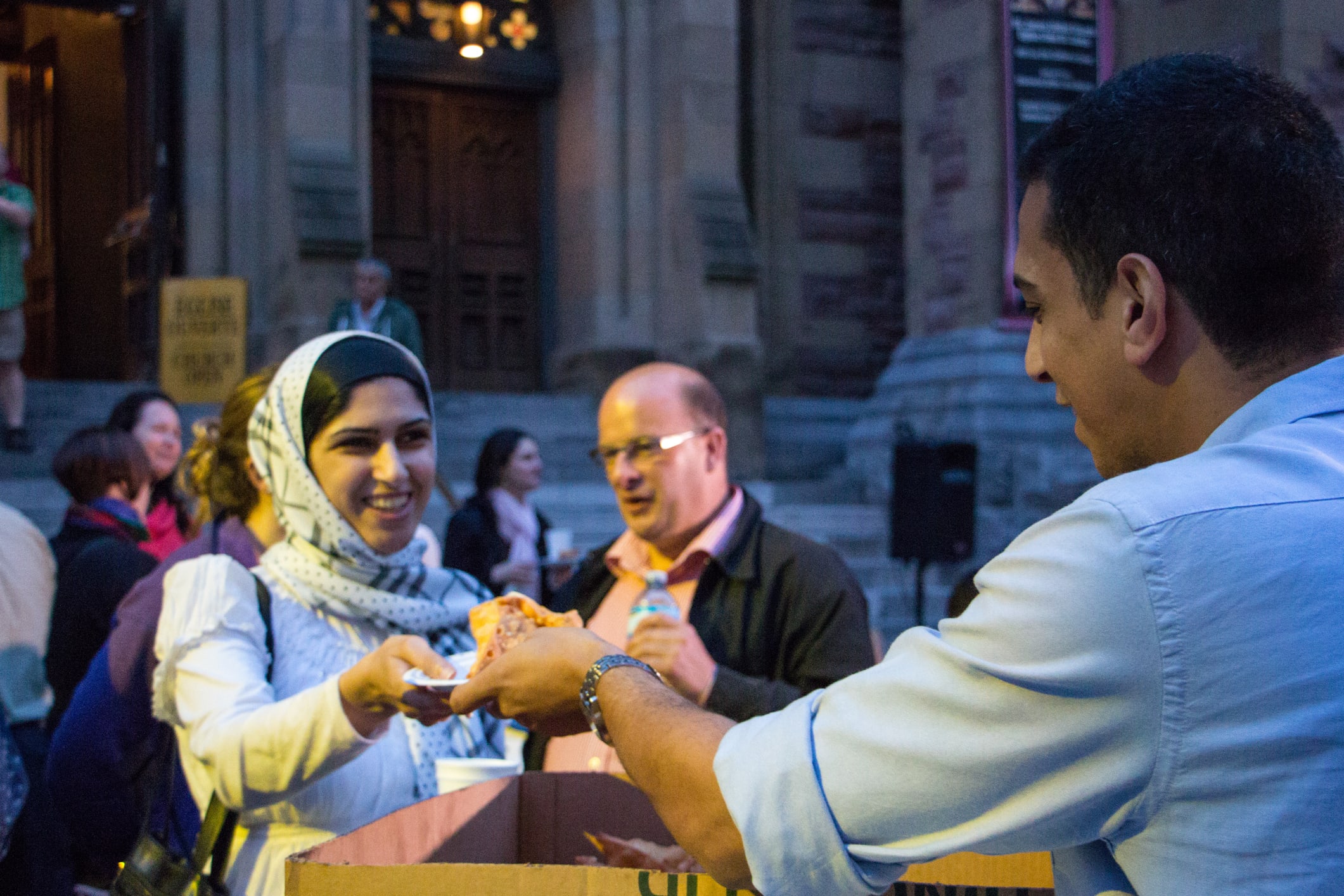Celebrating Eid al-Fitr Around the World
Islam is practiced by approximately 1.8 billion people, and Eid al-Fitr is one of the religion's biggest holidays. The feast marks the end of the Islamic holy month of Ramadan and this year the holiday will fall on 14-15 June. As Ramadan draws to an end, Muslims around the world will break their month-long fast with prayers, visits to family and friends, and other festivities. The celebrations are similar around the world, but in every country, Muslims give their observances a special, local flare. Here's how Eid al-Fitr is celebrated around the world.
- Student Tips

Fasting during the month of Ramadan is one of the Five Pillars of Islam. During daylight hours in the month of Ramadan, Muslims around the world refrain from eating and drinking and modify their behavior in observance of the fast. But, as the holy month draws to a close, participants await the sighting of the new moon that will mark the end of their fast and prepare for the feast of Eid al-Fitr. In 2018 Eid al-Fitr will fall during 14-15 June, and Muslims in countries throughout the world will prepare food, buy new clothes, visit family and friends, and celebrate in a variety of different ways. Let's find out about some of the special Eid al-Fitr traditions from around the world!
1. Time off in Indonesia
Indonesia is home to more than 225 million Muslims and Eid al-Fitr is a public holiday in the island nation. In Indonesia, the holiday is known commonly as Lebaran and like others around the world, Indonesian Muslims celebrate with prayers, food, and gifts. Workers in Indonesia have a collective holiday in days leading up to and after Lebaran and most Muslims use the time off to travel and visit friends and family. Many people leave Jakarta, and other big cities, and travel to their hometowns and villages and return with friends and family looking for jobs in the bigger cities. And the festivities don't end when people return to work – many companies and businesses mark the end of the collective holiday with parties and meals for their employees.

2. Festive Outfits and Honoring the Dead in China
Like others around the world, China's 23 million Muslims celebrate Eid al-Fitr by visiting family and friends. In China the celebrations include special attention to loved ones who have died, and Chinese Muslims in many parts of the country visit the graves of their relatives, where they whisper verses from the Koran and leave rice and sometimes wheat on the tombstone. Although these visits are traditionally contemplative and completed in silence, other parts of the Chinese Eid al-Fitr celebrations are more vibrant with observers wearing colorful outfits and waving banners.
3. Joyous Celebrations for Western Muslims
For Muslims in Western countries, the Eid al-Fitr celebrations are an occasion to celebrate both the end of the Ramadan fast and Islamic culture. In America, the breaking of the fast is marked by parties and festivals where friends and families gather to eat and exchange gifts. The holiday is even observed at the White House, where staff, government officials, and other guests are invited to an annual Iftar, or fast-breaking, dinner.

4. House Decorations and Good Food in India
India has the third-largest Muslim population in the world, with nearly 172 million followers and Eid al-Fitr is a major holiday in the subcontinent. The holiday is observed as in other countries with feasts, prayers, and family-time, and in India special care is given to decorating houses. Merchants sell exciting wares during the weeks leading up to the end of the fast, and people prepare special treats like meethi seviya (a type of sweet noodle) and other delicious foods.
5. Incredible Sight in Mecca
The Ramadan fast is one of the Five Pillars of Islam, which also include daily prayers, charity, the profession of faith, and the pilgrimage to Mecca. Many Muslims make their pilgrimage during the month of Ramadan, and Grand Mosque in Mecca plays host to hundreds of thousands of the faithful. Many Muslims believe that the 27th night of Ramadan, known as Laylat al-Qadr, marks the revelation of the Qu'ran to Muhammad and the Grand Mosque filled with scores of Muslims offering prayer is an awe-inspiring sight.

6. Exchanging Gifts in Lebanon
Gift-giving and charity are an important part of Ramadan and Eid al-Fitr celebrations throughout the world. In Lebanon, gift-giving has become a glamorous affair. The country, which is sometimes called the 'Paris of the Middle East' offers a wealth of shopping opportunities for generous celebrants, and though traditional gifts like new clothes and money are still given, the luxurious stores of Beirut have gifts for all budgets and tastes.
7. Street Festivals in KenyaA third of all Kenyans practice Islam, and the majority of Kenyan Muslims live in the East-African country's coastal cities. In Mombasa, Muslims mark the last ten days of Ramada (known as kumi la mwisho) with street festivals and socializing. The festivals, which are open in the evenings when the daily fast ends, offer people a chance to buy presents for friends and family.
Read related articles

Four Reasons to Study Off The Beaten Path in The US

Six Reasons Why You May Want To Get Your Degree Abroad
